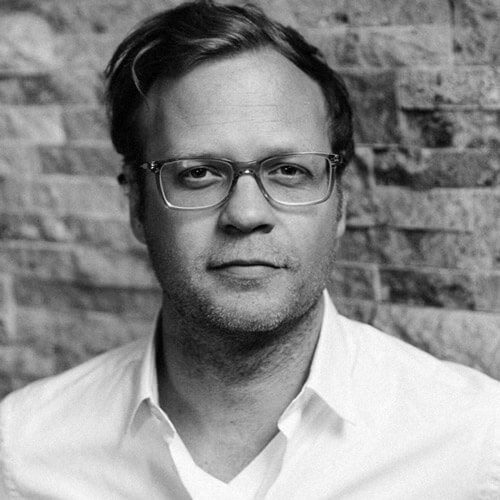We have gathered dozens of medical leaders to help us build this new platform designed specifically for Healthcare Professionals. Our goal is to bring together interdisciplinary care teams, break bread, and transform this seemingly difficult conversation into one of deep engagement, insight and empowerment.
How death came to dinner
Death Over Dinner was inspired by the fact that 75% of Americans want to die at home but only 25% do. DOD began in 2013, led by Michael Hebb and Angel Grant. We set out to engage America in this important and costly conversation, with the intention to change these statistics and give more people the opportunity to have their end of life wishes met. What we know for sure is that we suffer less when our wishes are honored and when we know how to honor the wishes of our loved ones. To date, there have been more than 200,000 Death Over Dinners in 30 countries. In 2018, DOD joined RoundGlass; the partnership is allowing us to expand the project to millions of individuals and dinner tables. DOD was created as a simple set of tools to help families and friends address the basic human fact that we are all, at some point, going to die. Death Over Dinner has grown into a global movement with Australian, Indian, Brazilian, and Jewish Editions.
Now, the Cleveland Clinic is partnering with RoundGlass to develop a Healthcare Edition! At the Office of Patient Experience, we believe it is fundamental that everyone be prepared for end of life, and it is especially important for healthcare providers who often need to have this compassionate and candid conversation with patients and their loved ones. We can best share with others what we've deeply considered for ourselves. These events will offer a safe space to connect about death and dying, helping providers process grief and stress that results from caring for patients at the end of life. It is also an opportunity to develop better end of life literacy skills and to recognize The Pause as a practice to honor patients and care teams. After each dinner, providers have shared that their experiences of Death Over Dinner for Healthcare have been deeply meaningful.
To learn more, check out our brief video: https://deathoverdinner.org/#intro-video
![]()

Photos by Amanda Ringstad
Advisors
We’re collaborating with everyone from oncologists, gravestone designers, palliative care experts, authors, curators, health care CEOs and artists to spark a powerful movement around facing death and planning for end of life. We’re putting out a call to action for people to start a conversation with their friends or family about death- and we’re giving people to tools to make it easier, more meaningful, and even fun.
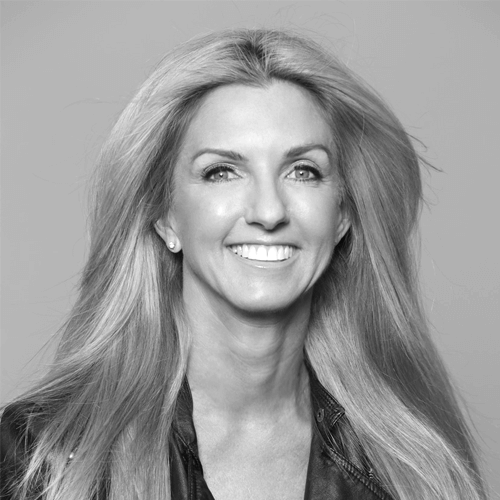
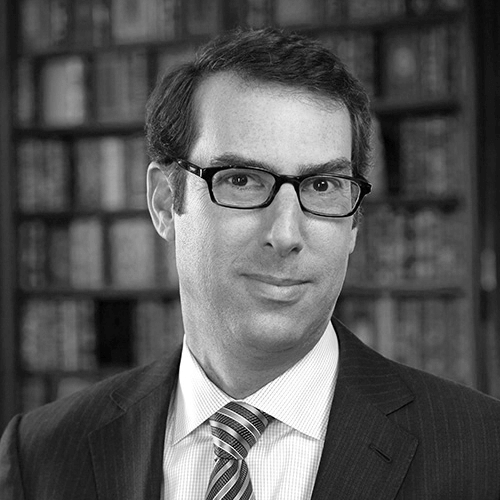
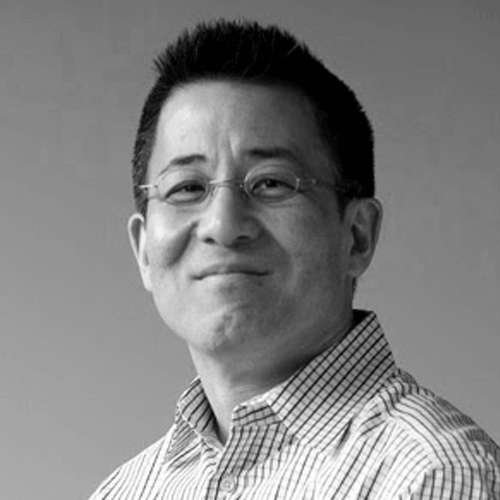
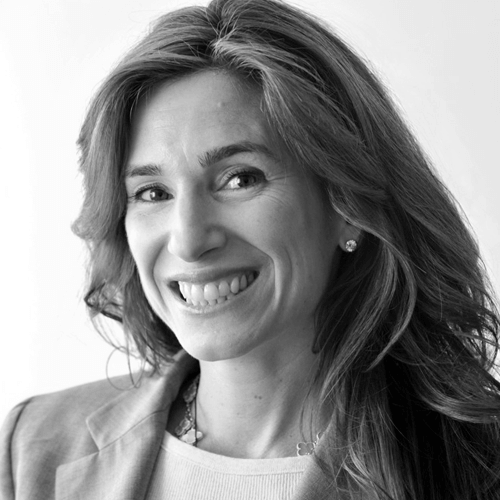
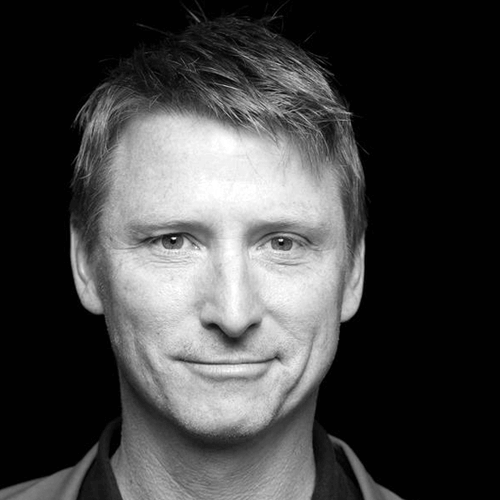
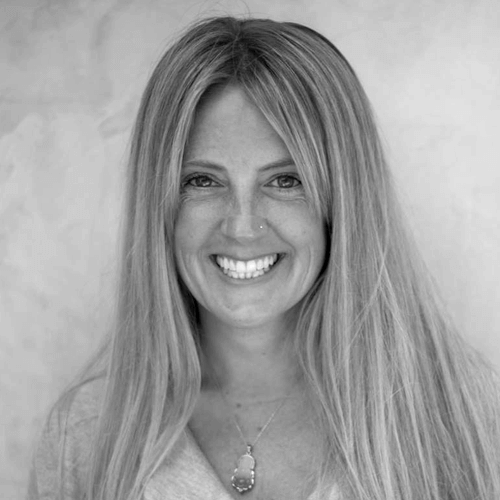
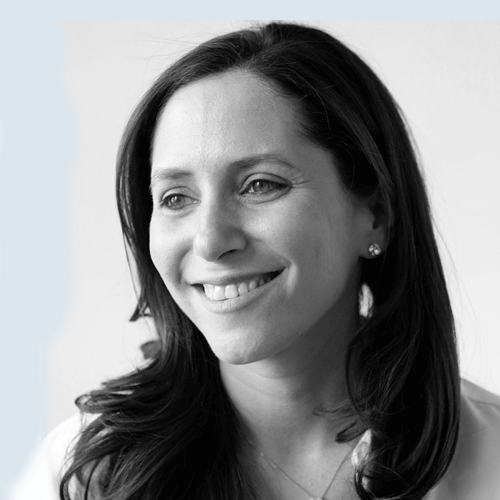
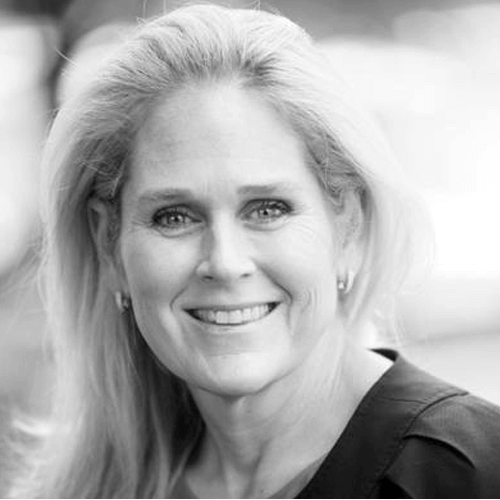
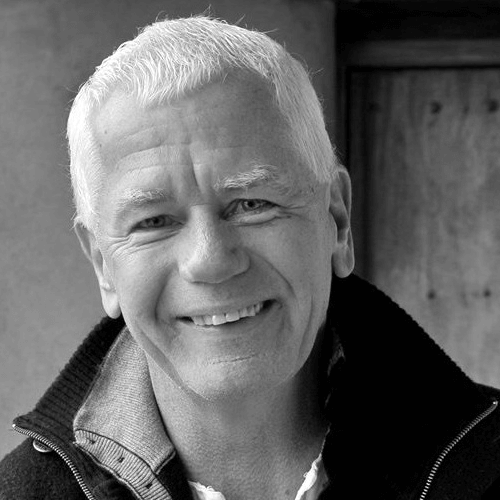
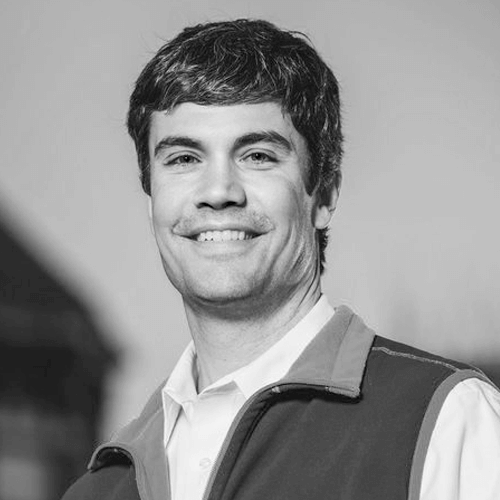
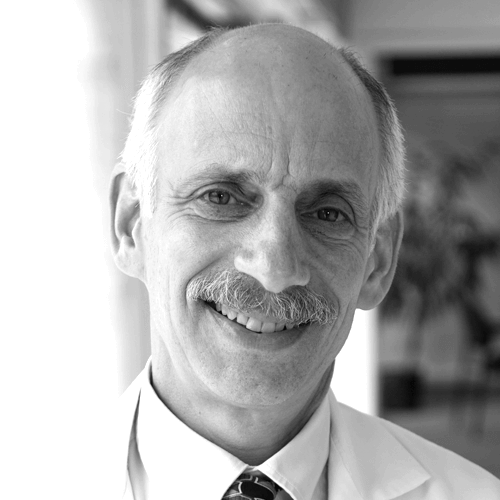
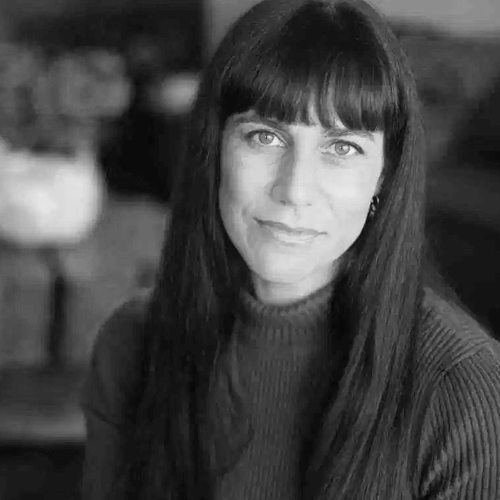
Chanel Reynolds
Chanel Reynolds is the founder of Get Your Shit Together. Since the launch of www.getyourshittogether.org in January of 2013, Chanel has dedicated...
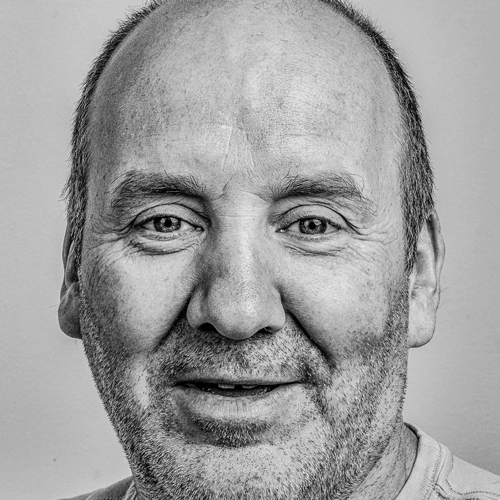
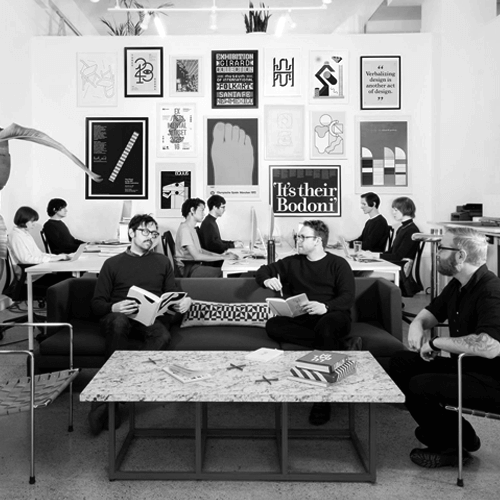
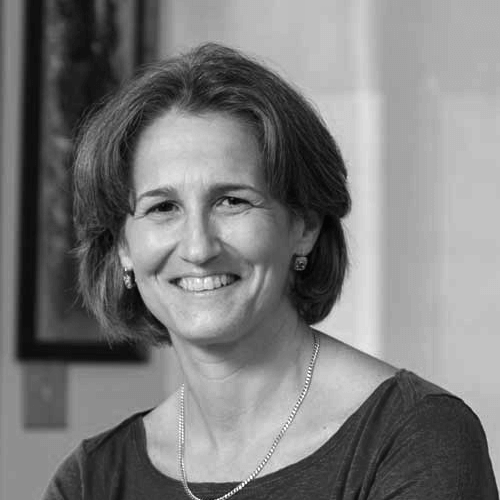
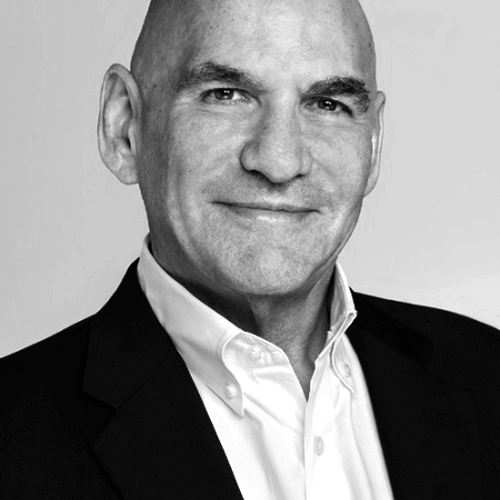
Library
-
We’re Bad at Death. Can We Talk?
Dhruv Khullar, a resident physician at Mass General and Harvard Med School, says, “For years the medical profession has largely fumbled the question of what we should do when there’s nothing more we can do…Two interventions have consistently been shown to help patients live their final days in accordance with their wishes: earlier conversations about their goals and greater use of palliative care services…”
-
12 Life Lessons from a Man Who’s Seen 12,000 Deaths
Bhairav Nath Shukla has been the manager of Mukti Bhawan, one of the guest houses in Varanasi where people come to die, for 44 years. Here are the powerful recurring life lessons he’s learned from those 12,000 deaths.
-
One Man’s Quest to Change the Way We Die
B.J. Miller, a doctor and triple amputee, used his own experience to pioneer a new model of palliative care at a small unique spot in San Francisco, Zen Hospice. He says it’s about wresting death from the one-size-fits-all approach of hospitals, but it’s also about puncturing a competing impulse: our need for death to be a hyper-transcendent experience. “Most people aren’t having these transformative deathbed moments. And if you hold that out as a goal, they’re just going to feel like they’re failing.”
-
A Call for Physicians to Agree: Death Is Not the Enemy
A surgical resident talks about her experience of an elderly woman with cancer, who no longer remembered her name, and calls out for the system to catch up to the needs of patients.
-
The Environmental Impact of Cremation and Funerals
A staggering article and infographic explaining what really goes into cremation and burials.
-
Skipping Chemo for an End of Life Road Trip
“A tiny woman at 101 pounds and under five-feet tall, an exhausted Norma looked the young doctor dead in the eye and with the strongest voice she could muster, said, ‘I’m 90-years-old, I’m hitting the road.”
-
Ten Commandments for the Concerned Caregiver
Rabbi Earl Grollman gives practical and compassionate instructions for caregivers during prolonged illness and after death.
-
When Someone You Love Dies and You Don’t Know What to Do
An anonymous person called out for help on Reddit, “my friend just died. I don’t know what to do”. While there were countless responses, one stood out, beginning like this: All right. Here goes. I’m old. What that means is I’ve survived (so far) and a lot of people I’ve known and loved did not.”
-
Letting Go: What Medicine Should Do When It Can’t Save You
Atul Gawande illustrates how modern medicine is good at staving off death with aggressive interventions—and bad at knowing when to focus, instead, on improving the days that terminal patients have left.
-
‘Pre-Hospice’ Saves People Money By Keeping Them At Home Near End of Life
“Transitions is for just that point where people are starting to realize they can see the end of the road,” said San Diego physician Dan Hoefer, one of the creators of the program. “We are trying to help them through that process so it’s not filled with chaos.”
-
A Project to Turn Corpses Into Compost
“Composting makes people think of banana peels and coffee grounds,” Ms. Spade said. But “our bodies have nutrients. What if we could grow new life after we’ve died?”
-
15 Gentle Pieces of Advice When Someone You Love Receives a Terminal Diagnosis
“When you’re the family member or friend of someone who receives a terminal diagnosis, life as you know it can change overnight. We asked people who have been through it themselves—sometimes on multiple occasions—to share their advice for navigating these difficult times.”
-
My Own Life
Oliver Sacks learns he has terminal cancer and begins his reflection in this piece like this: “A MONTH ago, I felt that I was in good health, even robust health. At 81, I still swim a mile a day. But my luck has run out — a few weeks ago I learned that I have multiple metastases in the liver”.
-
To Radiate
Our dear friend Ethan Lipsitz reports on his experience of radiation treatment while making his own radiance and light visible for all of us to join in with him.
-
Should a Doctor Always Discolose a Terminal Diagnosis
“Often, there is one chance to get it right, and it ought to be the highest duty of medicine to sensitively encourage a conversation that holds so many consequences.” Oncologist Ranjana Srivastava faces a decision when a patient’s family requests she not share the diagnosis.
-
Whose Job Is It To Talk To Patients About Death?
“By not telling him clearly what the progression of his cancer meant, had I inched him toward a hospitalized death, one that involved shocking his heart if it stopped and pureed food and waking him up every four hours for vital signs?” Ricardo Nuila, MD, reflects on past decisions with a patient. Now, any qualified team member—a doctor, a nurse, an assistant—can bill for the time it takes to discuss all the different procedures and interventions that a patient might face. Medicare’s reimbursement scheme doesn’t just incentivize holding difficult discussions, it also assigns responsibility.
-
A Physician’s Guide to Talking About End of Life Care
This paper presents a practical 4-step approach to conducting end-of-life discussions with patients and their families: (1) Initiating Discussion, (2) Clarifying Prognosis, (3) Identifying End-of-Life Goals, and (4) Developing a Treatment Plan. By following these 4 steps, communication can be enhanced, fears allayed, pain and suffering minimized, and most end-of-life issues resolved comfortably, without conflict.
-
What is The Pause? Taking a Moment to Address Pain and Profundity
For RN, Jonathan Bartels, the 22-year trauma center veteran, the brief moment between his patient’s death and whatever was to come next contained multitudes. “The next death I faced, I decided to allow myself to be vulnerable and asked the trauma bay permission to stop and take a moment to honor the life that had passed.”
-
Why the Pause is important for healthcare providers caring for patients at the End of Life
“The Pause” is a 15 to 30-second period of silence at the time of a patient’s death, shared by the team at the bedside, to honor the human life and the efforts of the team. “The Pause” is initiated by the physician or any other team member and participation is voluntary. It is a time to honor and reset. A suggested script is in this article.
-
From a Living Funeral to Death Over Dinner
In this brilliant article, Richard Harris captures the heart of the deathoverdinner movement by sharing glimpses of dinner participants’ stories and a brief recap of the living funeral friends gave founder Michael Hebb for his 40th birthday.
-
To Treat or Not to Treat: What Would Your Loved Ones Want at the End of Life?
In this article, Silvia Perez-Protto, MD, Director of Cleveland Clinic’s Center for End of Life Care, offers a guide to help you help families make choices that honor their loved ones.
-
Why You Want a Physicist at Your Funeral
In this inspiring piece, Aaron Freeman creates a beautiful scene of a physicist consoling loved ones at your funeral by scientifically explaining how you are not actually gone.
-
You’re Critically Ill. Should Your Doctors Do CPR or Not?
“While death is inevitable, a bad death is not.” The pros, cons, and reality of resuscitation in the hospital.
-
End-of-Life Care: Helping Patients Make the Hard Decisions:
A conversation with master surgeon Edward Benzel, MD, who cared for Dr. Atul Gawande’s father for the last couple of years of his life. “When I trained, we learned the paternalistic aspect: telling patients what to do. The informative aspect is telling patients why they should do what you’re telling them to do. The interpretive aspect is a dialogue, back and forth. Basically, it’s informed decision-making. Paternalistic and informative styles are a monologue, but what’s important is having a dialogue, engaging patients in the decision process.”
-
What to Expect When Your Loved One is in the ICU
“It starts with the shock that someone you love is sick enough to be here. The sight of your parent, partner or child under harsh lights, possibly bandaged and bruised, attached to tubes, drains, IV lines, maybe even a ventilator. The unfamiliar sounds of beeps, buzzes and emotional outbursts from nearby rooms mixed with rare periods of somber silence… You’re in the intensive care unit – so how do you cope and best support the patient at the center of it all?
-
Communication About Serious Illness Care Goals
This article (1) reviews the evidence and describes best practices in conversations about serious illness care goals and (2) offers practical advice for clinicians and health care systems about developing a systematic approach to quality and timing of such communication to assure that each patient has a personalized serious illness care plan.
-
ICU Waiting Room Survival Tips
When Dr. Richard Senelick’s wife was in the intensive care unit for three weeks, he scribbled, “One hour in the hospital is like a full day anyplace else.” In this article, he shares seven helpful tips for making it through the experience.
-
A Doctor’s Letter to Families of Her ICU Patients
“You wondered, “Why is she so inappropriately jolly considering my dad has a tube down his throat?!” What you don’t realize is I’m singing to calm my nerves, to keep myself relaxed. Your dad almost died before I let you back. I’m concerned for him, but I don’t want you to see that on my face. I don’t want you to worry about him. That’s my job. I just want you to love him… Sometimes we have to laugh. It’s the only thing we know to do. We’re afraid if we cry, we won’t be able to stop.”
-
At the End of Life, What Would Doctors Do?
“At a minimum, our heightened awareness and willingness to talk about illness, dying, caregiving and grieving will lead to much better end-of-life care. However, the impact on American culture needn’t stop there. Like individuals who grow wiser with age, collectively, in turning toward death, we stand to learn a lot about living.” – Dr. Ira Byock
-
Washing My Boy’s Body
“The Thai meditation master Ajahn Chah once motioned to a glass at his side. “Do you see this glass?” he asked. “I love this glass. It holds the water admirably. When the sun shines on it, it reflects the light beautifully. When I tap it, it has a lovely ring. Yet for me, this glass is already broken. When the wind knocks it over or my elbow knocks it off the shelf and it falls to the ground and shatters, I say, ‘Of course.’ But when I understand that this glass is already broken, every minute with it is precious.””
-
The Water Ballet
Briar Bates wanted her friends — mostly artists, but non-dancers — to perform a joyful and awkward water ballet titled “Ankle Deep” in the kiddie wading pool at Volunteer Park in Seattle. (And they did.) The idea hit her while lying in bed, fighting through the pain of a ravenous cancer which doctors had diagnosed only a few months earlier.
-
Congratulations – You Gonna’ Die
British philosopher and Zen Scholar Alan Watts delivers a series of humorous but very thoughtful musings on death with his typical dry wit.
-
How Can We Prepare for a Graceful Death?
At the end of our lives, what do we most wish for? BJ Miller is a palliative care physician who thinks about how to create a dignified, graceful end of life for his patients.
-
Franny’s Last Ride
The Moth Radio and Podcast consider this story from Mike DeStefano’s about taking his wife, Franny, who was dying in hospice, on a motorcycle ride, “one of the most searingly beautiful stories ever told at the Moth”.
-
My Mushroom Burial Suit
A powerful provocation from artist Jae Rhim Lee. Can we commit our bodies to a cleaner, greener Earth, even after death? Naturally — using a special burial suit seeded with pollution-gobbling mushrooms. Yes, this just might be the strangest TEDTalk you’ll ever see
-
What Happens When Death Is What’s For Dinner?
Breaking bread has historically been a step toward social progress, says Death Over Dinner founder, Michael Hebb. How can we use the power of home and hearth to change healthcare?
-
Doing What it Takes to Cope With Grief
“When Amy Green’s young son was diagnosed with a rare brain tumor, she made up a bedtime story for his siblings to teach them about cancer. What resulted was a video game, “That Dragon, Cancer,” which takes players on a journey they can’t win. In this beautiful talk about coping with loss, Green brings joy and play to tragedy. “We made a game that’s hard to play,” she says, “because the hardest moments of our lives change us more than any goal we could ever accomplish.””
-
Doctor Inspired to Lead End of Life Care
It’s the Power of Every One to make positive change. Silvia Perez Protto, MD, is the director of Cleveland Clinic’s new Center for End of Life Care. The role fulfills her passion to provide patients comfort in their final days — something she learned from her father, whose end-of-life wishes were unknown to his family. Today, Dr. Perez Protto praises the collaboration and support from her fellow caregivers at Cleveland Clinic as she leads this important work.
-
Patients Want to Talk About Their Choices
Patricia Pope had been diagnosed with breast cancer and Alzheimer’s disease. She wanted to talk about death and her end-of-life options, but felt no one was listening. “It’s your life and you have a right to do it the way you want… I know I am going to die… It’s more comforting to me to be able to talk about it.” Silvia Perez Protto, MD, Director of Cleveland Clinic’s Center for End of Life Care explains, “End-of-life care is knowing patients’ wishes, values. What the patient thinks that they can accomplish. We need to be able to explain the treatment options that are aligned to those wishes.”
-
What We Can Do To Die Well
“We the healthcare industry, long white coat physicians, are stealing from you. Stealing the opportunity to choose how you want to live your lives in the context of whatever disease it is. We focus on disease, pathology, and surgery, and pharmacology. We miss the human being.” Palliative care physician Timothy Ihrig explains the benefits of a different approach that fosters overall quality of life and navigates serious illness from diagnosis to death with dignity and compassion.
-
What Makes Life Worth Living in the Face of Death
Stanford internist Lucy Kalanithi is the widow of neurosurgeon and writer Paul Kalanithi, who was diagnosed with Stage IV lung cancer at age 36. In Lucy’s 2016 TEDMED Talk, she shares the perspective their family gained during Paul’s difficult transition from doctor to patient.
-
The Only Reason We’re Alive
Spoken word poet In-Q, accompanied by gorgeous animation, expresses the bittersweetness of life, aging, and death in the context of love like no other.
-
Compassion and the True Meaning of Empathy
Joan Halifax works with people at the last stage of life (in hospice and on death row). She shares what she’s learned about compassion in the face of death and dying, and a deep insight into the nature of empathy.
-
Turn Toward Suffering
Frank Ostaseski, Founder of Metta Institute, explains briefly and powerfully how compassion develops by turning toward suffering.
-
Make End of Life More Humane
“Dr. Atul Gawande began researching hospice and end-of-life care options because he says he didn’t know how to broach the subject of death with his terminally ill patients. “Our system of medical care has successfully created a multi-trillion-dollar system for dispensing lottery tickets — the lottery ticket that you could get this longer life,” he says. But he says it has not prepared people for the likelihood that physicians aren’t good at preparing patients whose lives will not be prolonged by medical treatment. “So we’ve failed to meet the other needs people have, other than just prolonging life.””
-
What Doesn’t Kill You
Tig Notaro was diagnosed with cancer. A week later she went on stage in Los Angeles about her string of misfortunes. Listen from 3:04 – 15:35.
-
Just Show Up
Sheryl Sandberg gives a vulnerable interview about what life looked like after her husband died suddenly.
-
The Bitter End
“We turn to doctors to save our lives — to heal us, repair us, and keep us healthy. But when it comes to the critical question of what to do when death is at hand, there seems to be a gap between what we want doctors to do for us, and what doctors want done for themselves.”
-
Lessons From Death
In this episode of the Making Sense podcast, Sam Harris speaks with Frank Ostaseski about death and dying—and about how the awareness of death can improve our lives in each moment.
Press
Stories
We love hearing stories from all of you out there who have survived a death dinner! The beautiful collection we've gathered so far are shared here - feel free to take your time and peruse. If you'd like to add your story to our anthology, share it with us or tag us with #deathdinner. If you haven't had your dinner yet, get started below.
Death Over Dinner Healthcare Survey
Survey
![]()
We are committed to constant growth and improvement; your feedback enables that to happen. Please take a minute to share a little bit about your experience in this brief survey. We read every word and use it to deepen impact and expand our reach.
![]()

